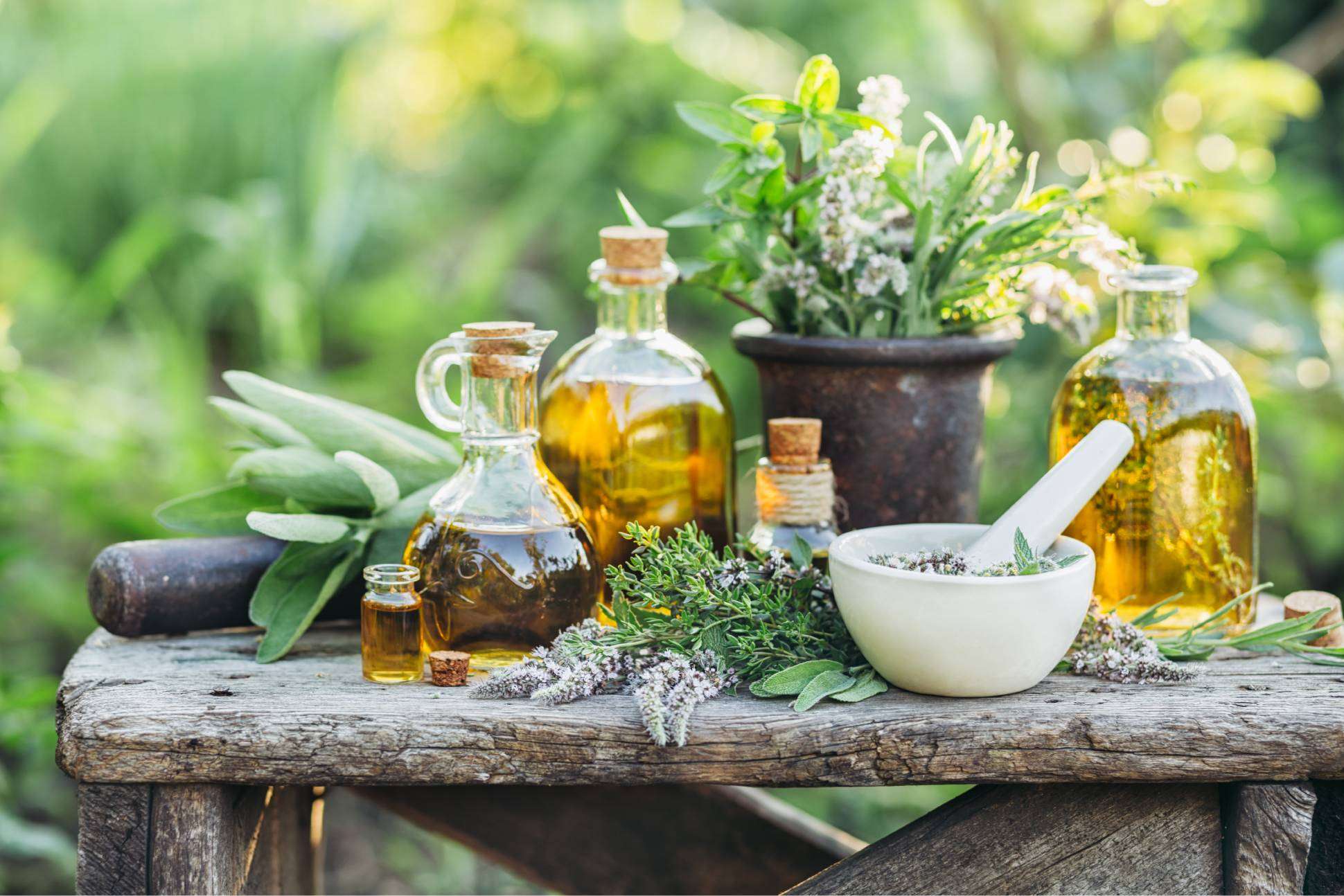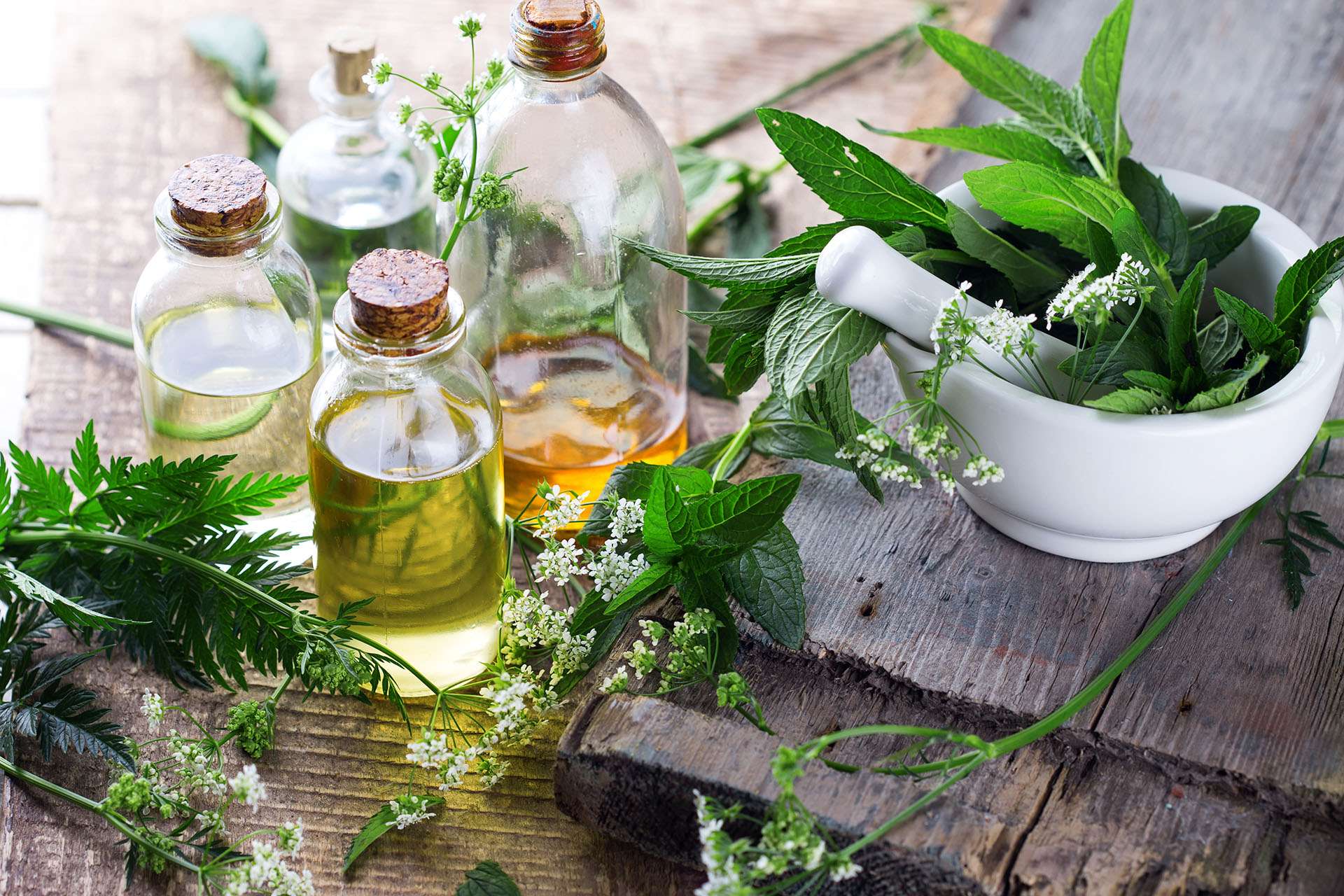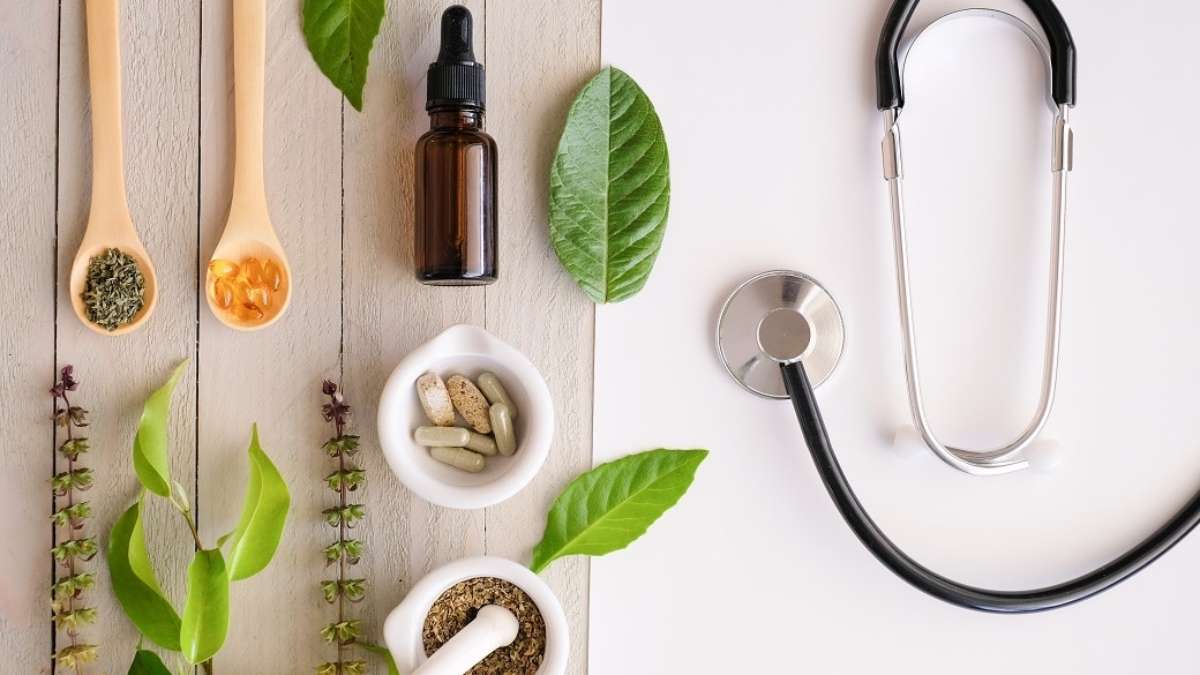When psoriasis treatment
Why Choose Us?
16+ Years of Experience
Providing trusted care and effective solutions.
10,000+ Patients Treated
A legacy of healing and satisfaction.
Alternative Treatment
Blending traditional and modern approaches.
Herbal Cure
Harnessing nature for better health.
Psoriasis Types

Plaque Psoriasis
The most common type, appearing as raised red patches with silvery-white scales.
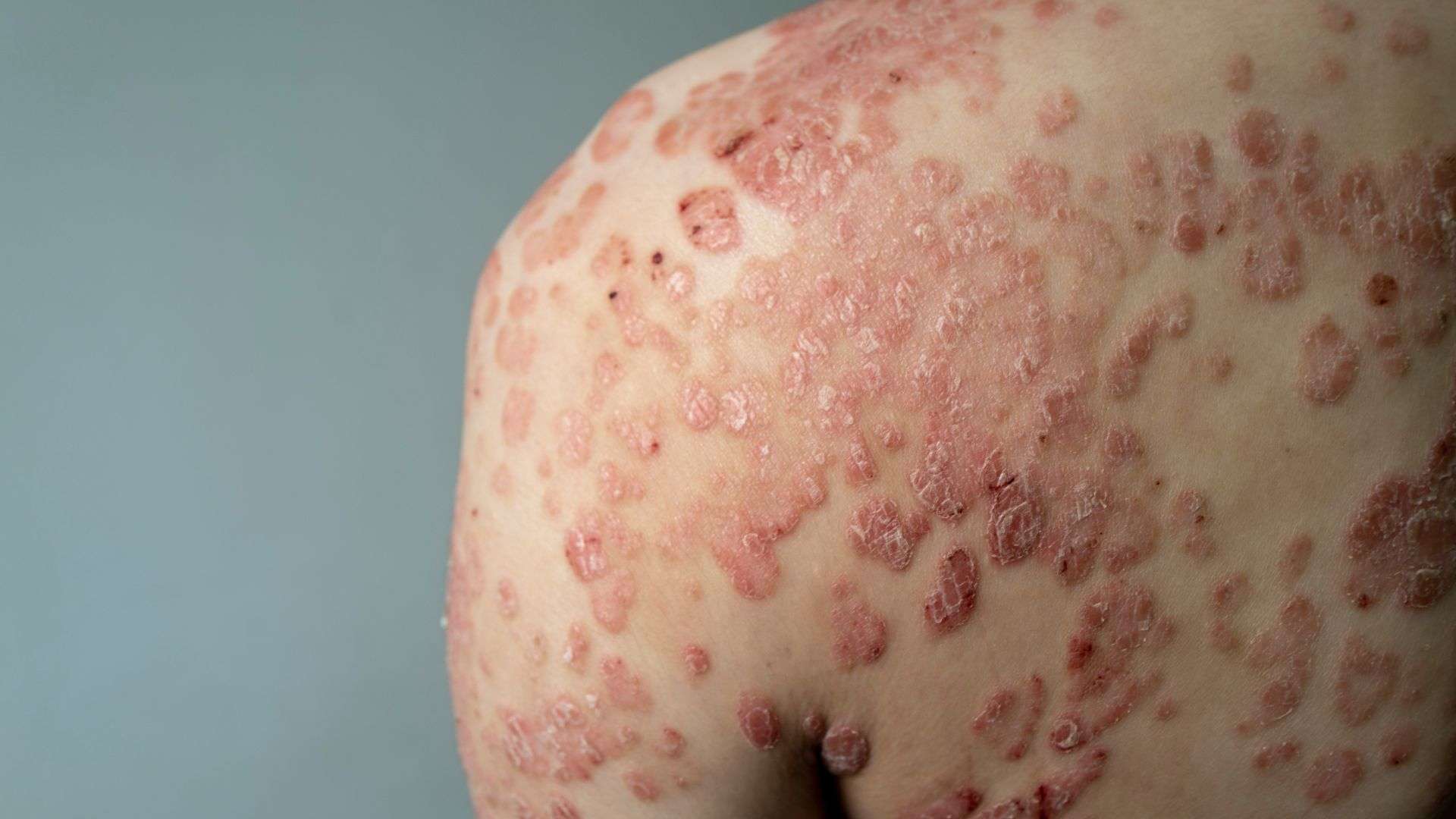
Guttate Psoriasis
Small, red, drop-shaped scaly spots, often following a streptococcal infection.
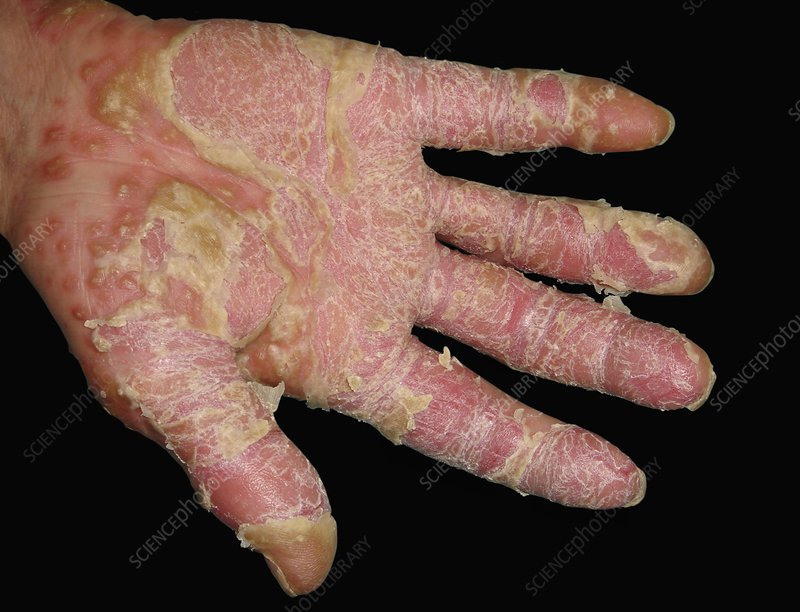
Pustular Psoriasis
Small, noninfectious, pus-filled blisters on top of plaques.
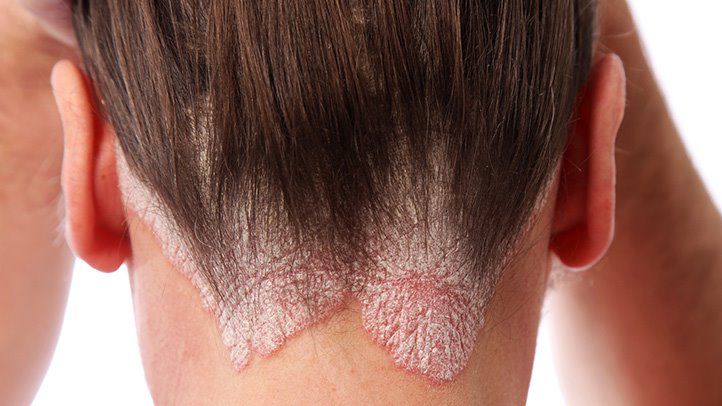
Scalp Psoriasis
Thin plaques without scales, appearing in skin folds.

Psoriatic Arthritis
Severe, widespread skin discoloration and shedding.
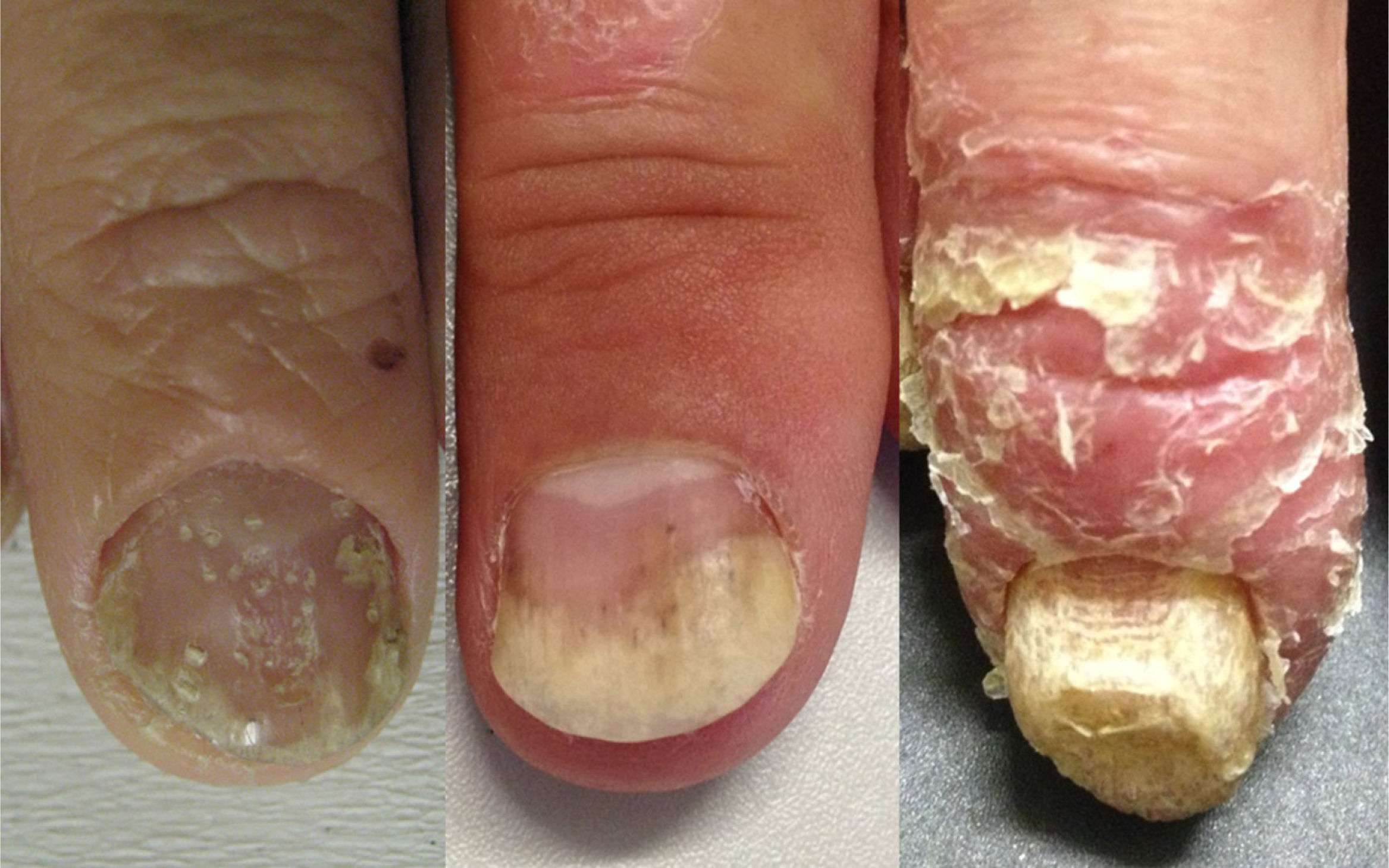
Nail Psoriasis
Bumps and plaques with greasy, yellow scales on the face and scalp.
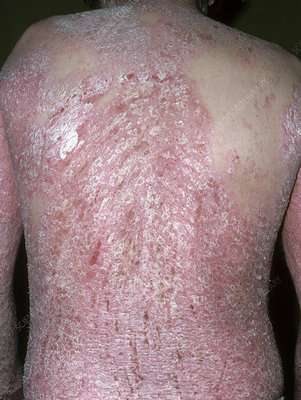
Erythrodermic Psoriasis
Bumps and plaques with greasy, yellow scales on the face and scalp.
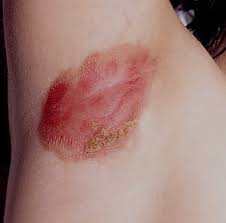
Inverse Psoriasis
Bumps and plaques with greasy, yellow scales on the face and scalp.
How It Works
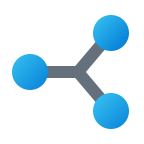
Connect Us
Reach out to our team to get started.

Book an Appointment
Schedule a meeting that suits your time.

Bring All Old Reports
Share all your previous medical records with us.

Consultation
Get expert advice from our doctors.

Make Progress
Start seeing real results and improvements.

Stay healthy
Live a healthy life
Photo Gallery
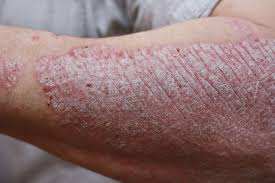
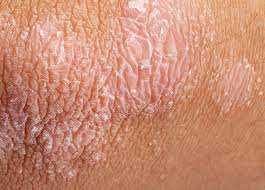
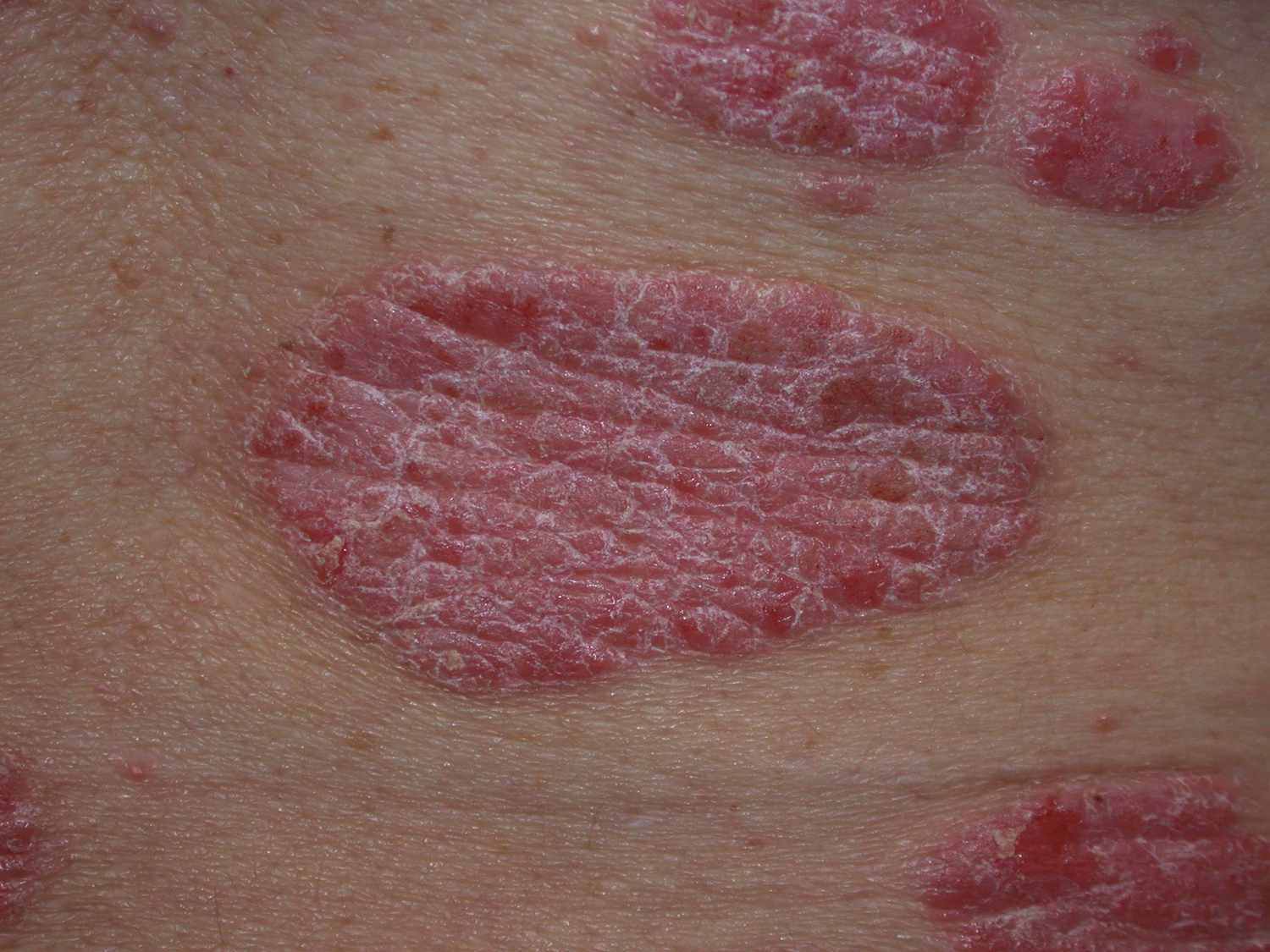
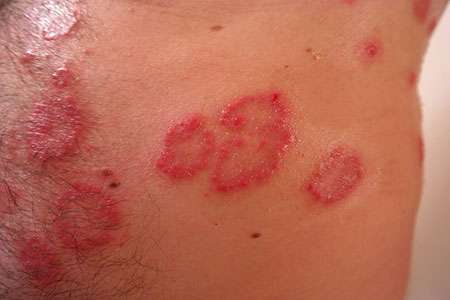
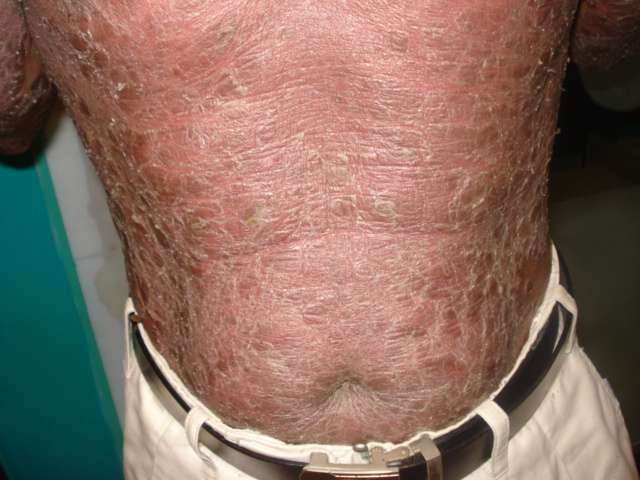
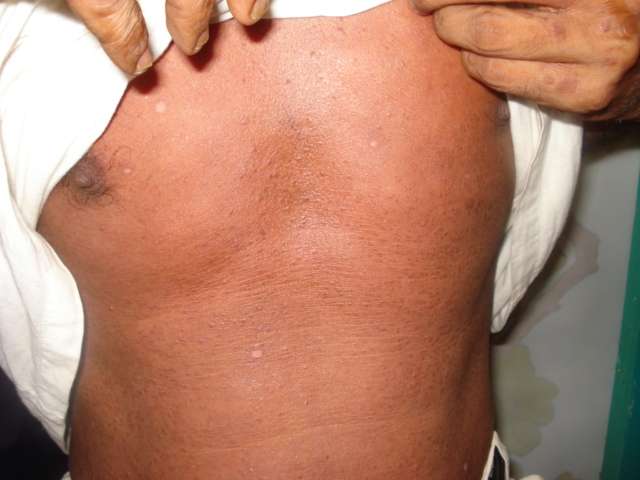
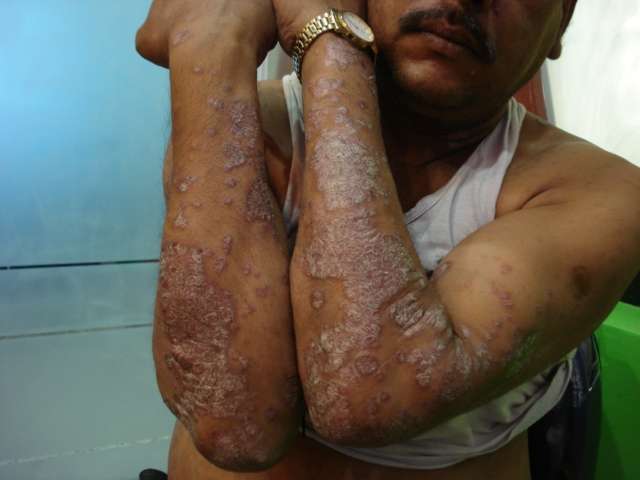
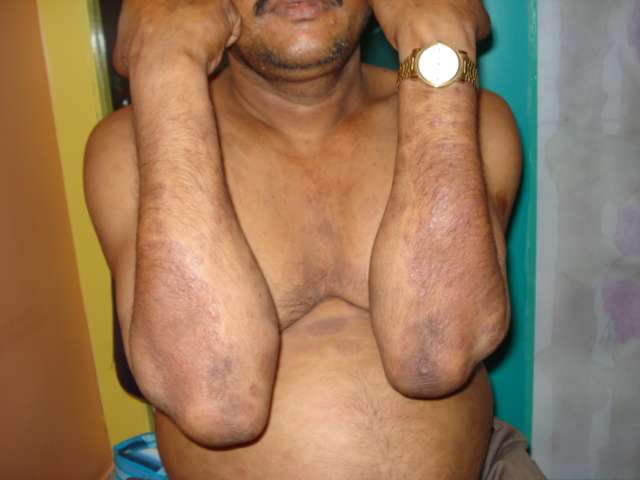
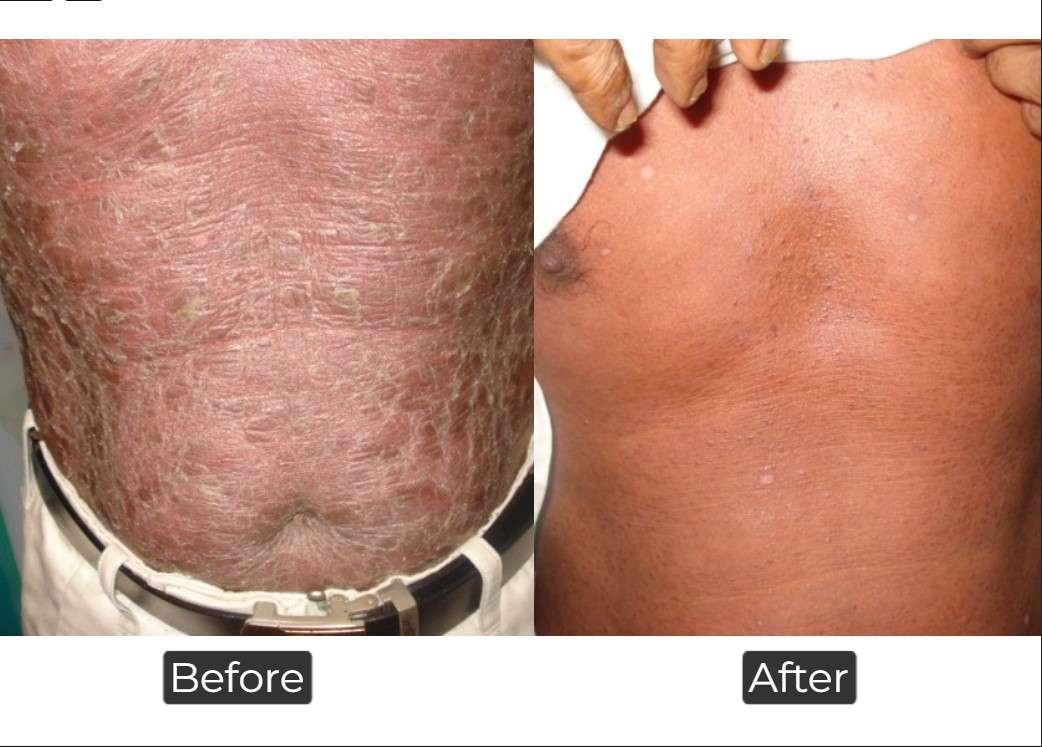
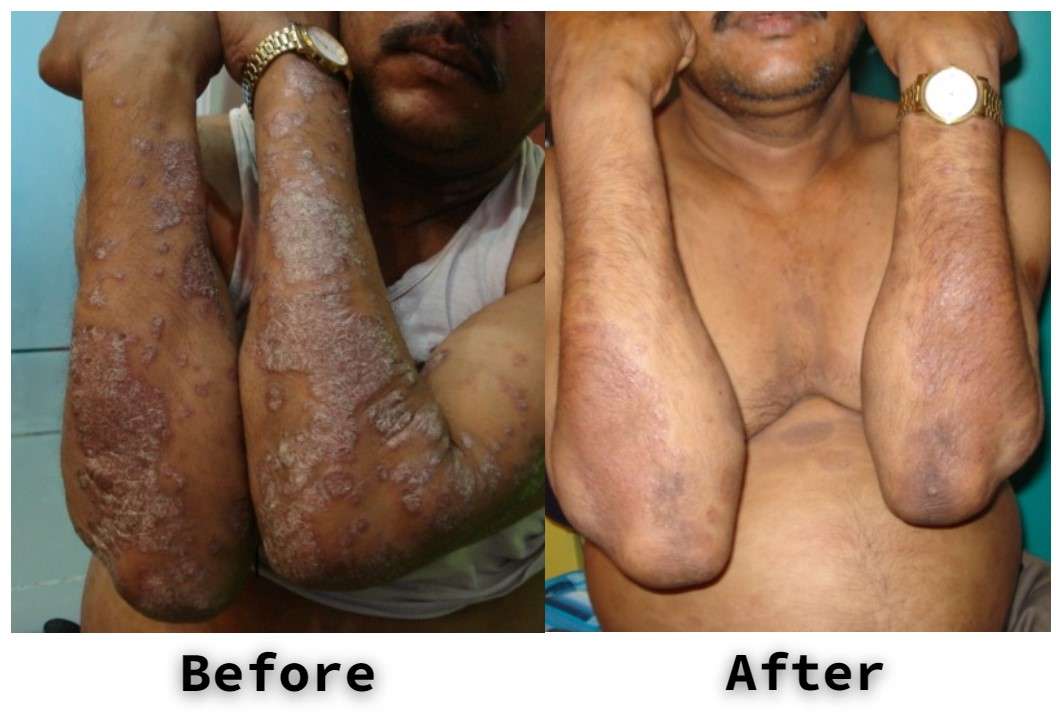
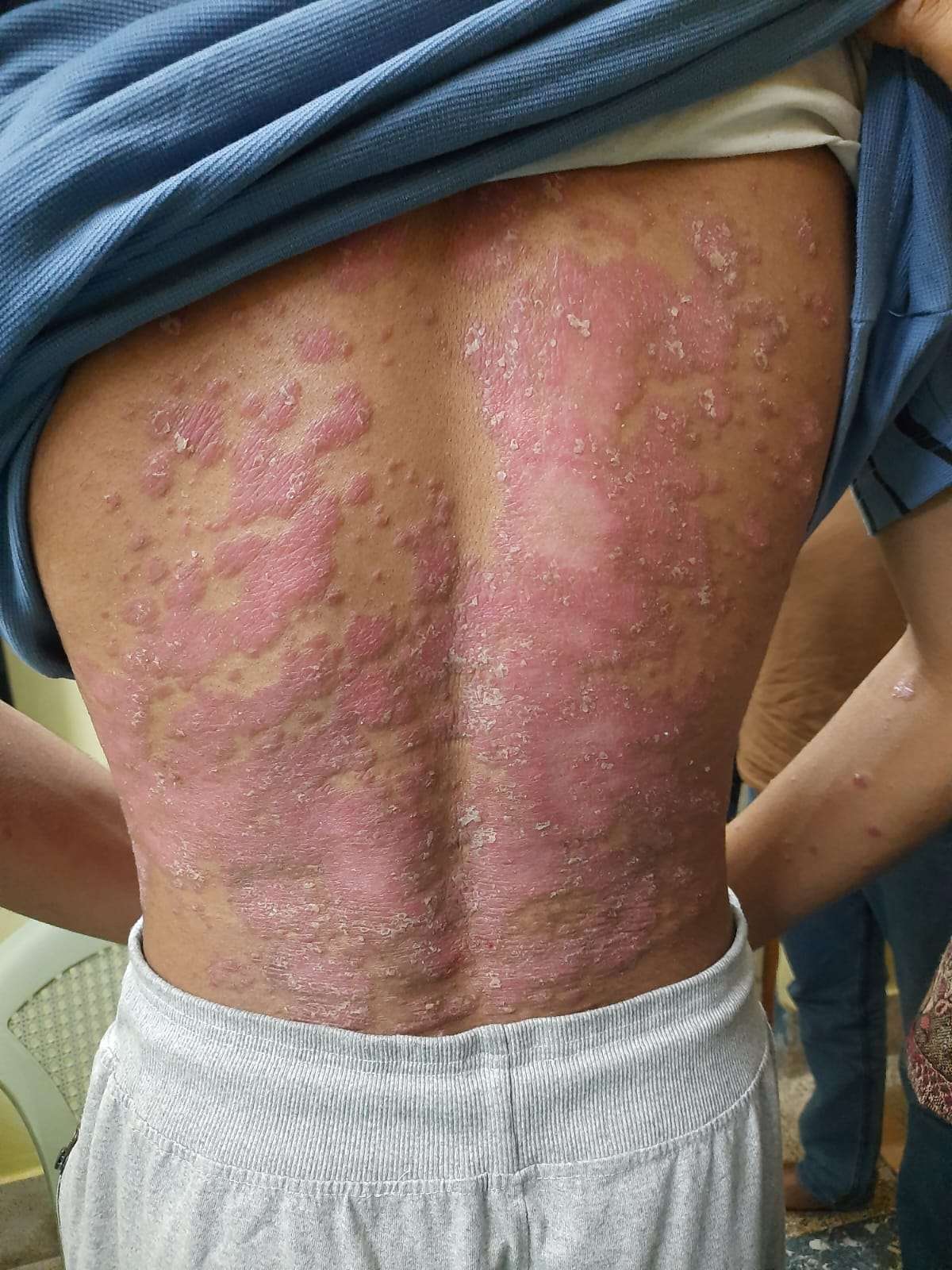
Hear From Patients
Frequently Asked Questions
Psoriasis is a chronic autoimmune disease that causes the rapid growth of skin cells, leading to scaling on the skin's surface.
Treatment options for psoriasis include topical treatments (creams, ointments), phototherapy (light therapy), and systemic medications (oral or injected). Consult a dermatologist for personalized advice.
No, psoriasis is not contagious. It is an autoimmune condition, meaning the body's immune system mistakenly attacks healthy skin cells.
Currently, there is no cure for psoriasis, but it can be managed effectively with appropriate treatments and lifestyle changes.
The most common type is plaque psoriasis, characterized by raised, red patches covered with silvery scales. Other types include guttate, inverse, pustular, and erythrodermic psoriasis.
Triggers can vary from person to person but may include stress, infections, certain medications, cold weather, and skin injuries.
While there's no specific "psoriasis diet," some people find that certain dietary changes, such as reducing processed foods, alcohol, and red meat, can help manage their symptoms. Maintaining a healthy weight is also beneficial.
Yes, psoriatic arthritis is a form of inflammatory arthritis that affects some people with psoriasis. It causes joint pain, stiffness, and swelling.
Psoriasis can appear anywhere on the body, but common areas include the scalp, elbows, knees, lower back, and nails.
If you suspect you have psoriasis or if your symptoms are worsening, interfering with your daily life, or not responding to over-the-counter treatments, it's essential to see a dermatologist.

Get in Touch
Ayurvedic and Alternative Medicine Treatment
Discover the benefits of holistic healing and unlock a healthier lifestyle. Connect with us to know more!
Call Now